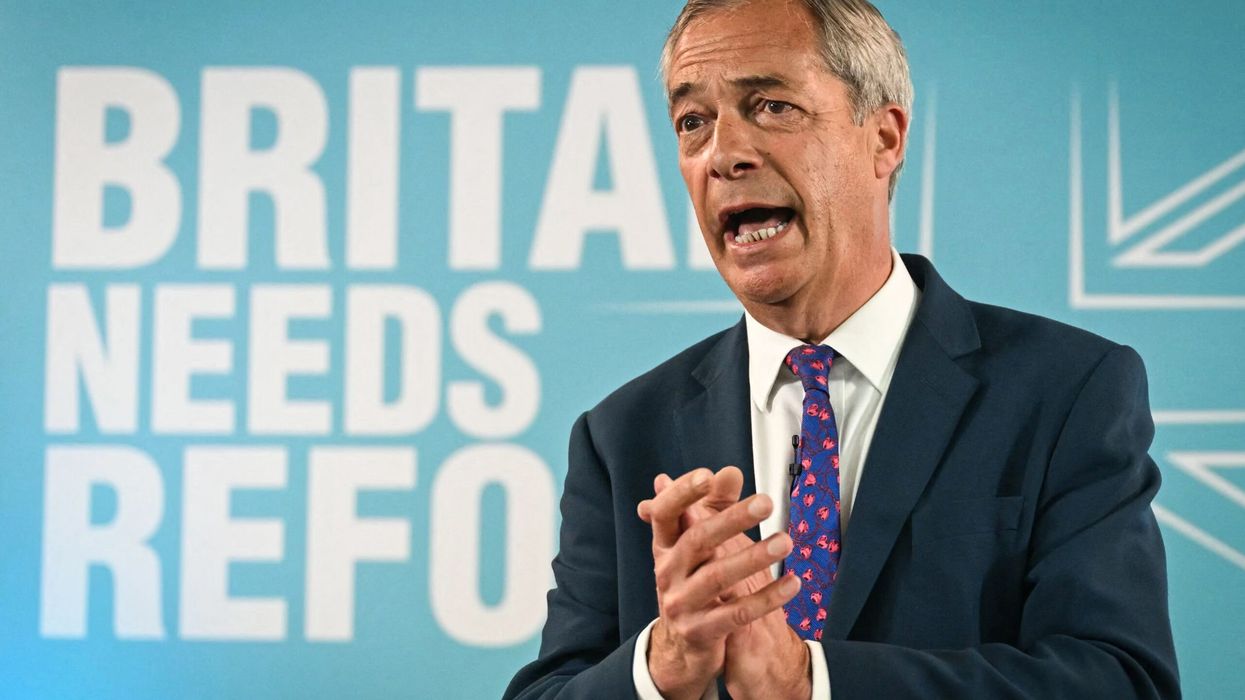Nigel Farage, whose entry into the election has impacted Rishi Sunak's slim chances of victory, laid out his policy plans on Monday. He described them as the first step towards becoming the dominant party on the right of British politics.
Farage acknowledged that the earlier-than-expected election had come too soon for his Reform UK party but urged Sunak's Conservative supporters to "join the revolt." He positioned Reform as the only party capable of holding Labour accountable, with Keir Starmer forecasted to be the next prime minister.
Farage is one of Britain's most recognisable and divisive politicians, known for pressuring governments into tougher immigration policies and playing a key role in the 2016 Brexit vote. Despite his influence, he has spent his career on the sidelines, having unsuccessfully run for parliament seven times and leading parties that, despite significant vote shares, have not broken the dominance of the Conservatives and Labour.
This election, Farage is standing in Clacton-on-Sea, southeast England, where polls show he has a chance to win a parliamentary seat. However, under the British electoral system, Reform is expected to win only a few seats nationwide.
"We are not pretending that we are going to win this general election," Farage said at the launch of a 24-page policy document, which he called a "contract" with voters for the next five years. He added, "Our aim and our ambition is to establish a bridgehead in parliament and to become a real opposition to a Labour government."
Reform chose Merthyr Tydfil for its launch to highlight what it claims is Labour misrule in Wales. Farage's unexpected entry into the race, after initially stating he would not run and would focus on campaigning for Donald Trump in the United States, has split right-of-centre voter support in Britain.
The Labour Party is about 20 percentage points ahead in opinion polls and is expected to win a large majority. Reform overtook the Conservatives in one poll last week, and Farage has set a target of winning six million votes in the 4th July election. Other polls, however, show Reform trailing far behind the governing party.
The Reform campaign has centred on Farage and his populist appeal. Despite his background in private education and commodities trading, Farage has portrayed himself as a champion of the people against an out-of-touch political establishment.
Reform's policies target right-of-centre voters who usually support Sunak's Conservatives, demanding changes across key policy areas. Immigration, a long-standing focus for Farage, is a priority. Reform promises to freeze "non-essential" immigration, leave the European Convention on Human Rights, and push back small boats carrying migrants to France before they reach British shores. An additional payroll tax on companies employing foreign workers is also proposed.
This tax is part of a broader plan to cut the benefits bill by £15 billion and fund tax cuts, including raising the income tax threshold to £20,000, reducing fuel duty by 20 pence per litre, and abolishing VAT on energy bills.
"This is not a protest document, this is not a protest vote," Farage said. "We're unashamedly radical, we want change, this isn't working."





